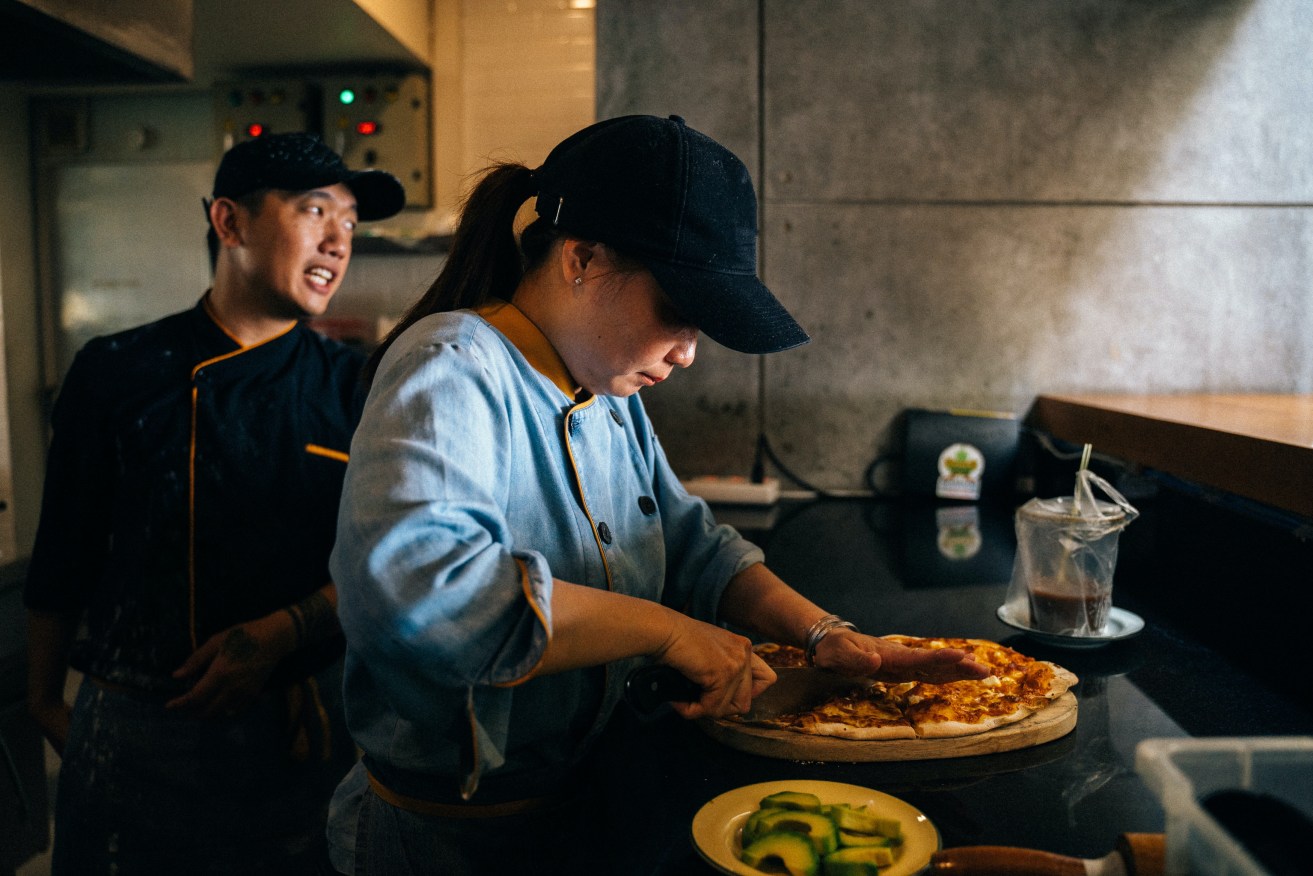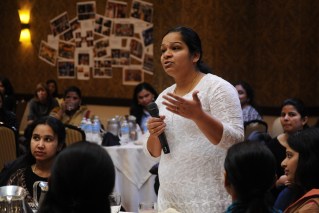Not fair: Junior pay rates discriminate against young workers
While junior wage rates remain legally permissible in Australia, mounting complaints highlight their escalating unfairness and discrimination against young workers, especially in the face of inflation, writes Maryam Saiar

In today’s workforce, it’s disheartening to see the significant wage gap between junior and adult workers in similar roles. Junior wage rates, earned by minors, are often less than half of what their adult counterparts make.
Though some argue that junior rates are an acceptable means to reduce labour costs and provide training opportunities, a closer examination reveals employers taking advantage causing inherent injustice and discrimination towards young workers and affecting their financial wellbeing.
It is important for policymakers, employers, and other stakeholders to recognise the importance of fair wages that keep pace with inflation.
We need to take a closer look at boosting pay for junior members. This might not match up exactly with what adults are earning but should definitely be enough to cover their living expenses considering inflation.
This is not just about fair pay; it’s about investing in our future and creating a stronger, more equitable workplace for all.
In an effort to gain insight into this matter, a range of businesses were contacted for their input. The minimal responses, however, highlight the difficulty in gauging the business sector’s opinion on this particular issue.
Onebusiness owner who did respond, Soane Raju Ali Seiler, the owner of Umu Kitchen, said youth workers “stabilise our wages”.
“They are paid less to learn and obtain the necessary skills through one-on-one training. For most small businesses, with average weekly costs around $10,000, hiring young employees would be a necessity while they remain aa benefit,” he said.
It’s essential to recognise that in some instances, these laws aim to offer young individuals opportunities to gain work experience rather than simply exploiting them.
Some employers, however, take advantage of these laws by hiring younger workers instead of adults, who would command higher pay to reflect their independence, skills, financial responsibilities, legal entitlements, and overall workplace value.
Labor MP Peter Russo expressed doubts about the employers’ stance.
Russo questioned the historical argument made by employers, where they claim that hiring young individuals carries a cost due to their lack of experience and productivity compared to older, more experienced employees.
Employers often cite the expenses associated with training and supervising young workers as a justification for offering them reduced wages. They contend that if they were compelled to pay full adult wages, they would opt to hire experienced adults instead.
Russo remains unconvinced by these arguments, believing there is room to modernise the current wage system and better acknowledge the valuable contributions of young workers to Queensland’s and Australia’s economic growth.
The argument against junior wage rates becomes even more apparent when we consider the unfairness of applying similar logic to older workers above the age of 55. Shouldn’t they also be paid less because, for instance, they can’t carry on physical tasks the same way a “working age” person can? Such perspective would be deemed ridiculous.
Mia Smith*, a KFC worker contends, “As an 18-year-old, I’m eligible to vote and legally treated as an adult if I were to commit a crime. My living expenses are comparable to those of 30-year-olds. It’s absolutely unjust that I’m only paid half of the minimum national wage only because I ‘lack experience’ but remind me exactly of what I’m getting experience at? Washing dishes? Sweeping the floor? Making a sandwich?”
Since most adults are reluctant to take low-paying jobs, and professional positions typically aren’t open to young people, the hospitality and retail sectors become the only options for young job seekers.
Junior rates have reduced the purchasing power for young workers. As the cost of goods and services continues to rise, the real value of their wages will diminish over time.
Milahn Lerremia, a year 11 student at Marsden State High school who works at a Mount Gravatt coffee shop said: “I have to work an hour just to afford a Panadol pack to relieve my headaches, which, speaks enough about the situation during this ongoing living crisis.”
Milahn’s experience can speak for many other working students, who struggle to maintain a balance between education and assisting their family to put food on the table.
Wage disparity has sparked discussions about fairness in Australia’s bustling hospitality and retail sectors.
At just 16 years old, a young worker is entitled to a minimum wage of $11.31 for full or part-time employment, while their 20-year-old counterparts receive a significantly higher minimum wage of $23.61 for performing the same tasks.
This disparity means that 16-year-olds are earning just 48.3 per cent of what adults in the same roles are paid, a stark contrast that many argue is fundamentally unjust.
This wage discrepancy has prompted organisations like the Young Workers Hub to rally behind the call for ‘same job, same pay.’
It’s a matter that extends beyond mere numbers on a paycheque; it embodies the broader societal value of fairness and equity in the workplace.
As discussions on wage equality for young workers gain momentum, the call for change echoes not only in the halls of employment but also in the collective conscience of a nation.
*Disclaimer: Some names have been changed to protect anonymity.
Media Academy is a joint venture between InQueensland, the University of Queensland Critical Thinking Project and individual Queensland schools. Its aim is to train young people in critical thinking and media literacy in the context of producing their own journalism.












